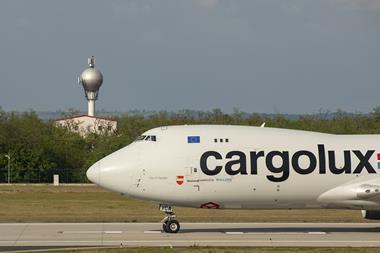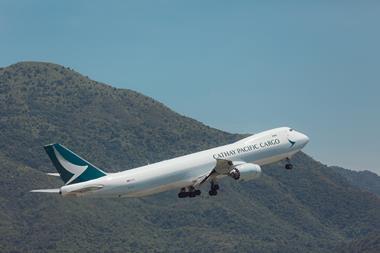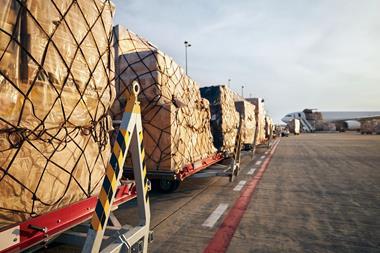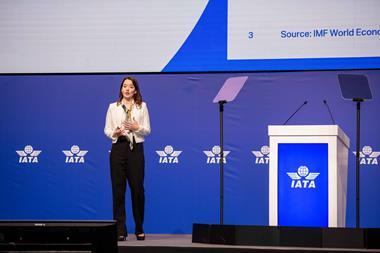
Photo: Jaromir Chalabala/ Shutterstock
Following the recent news that US President Donald Trump would put in place tariff exemptions for smartphones and other tech products imported from China – great news for ‘Big Tech’, companies like Apple and Microsoft – he has now said that these exemptions, at least in full, are likely to be short-lived.
The US had been expected to place tariffs of 145 percent on Chinese imports, but now it appears that Smartphones, routers, chipmaking equipment and certain computers and laptops are to be exempt from the previously announced ‘reciprocal tariffs’ on Chinese imports.
However, Trump has now specified that Chinese tech will still be subject to 20 percent tariffs and Is “just moving to a different tariff bucket”.
China has meanwhile placed a tariff of 125 percent on US imports. It has called for the US to “completely cancel” its reciprocal tariff programme.
Trump has promised to launch a national security trade investigation into the semiconductor sector and the “whole electronics supply chain”. He also confirmed that he will announce more specific tariff plans on imported computer chips soon.
Financial markets have remained volatile as each seeming change in course of US policy is announced.
Of course, any change in tariff regimes can have a potentially significant impact on bilateral trade between the countries involved as well as global trade more generally, directly impacting the air cargo industry.













